Are you confused about whether ketosis or a calorie deficit is the better way to lose weight? You’re not alone.
Both methods promise fat loss, but they work very differently inside your body. Understanding these differences can help you choose the right path for your goals and lifestyle. Keep reading to discover which approach suits you best and how it can transform your weight loss journey.
Ketosis Basics
Ketosis is a natural process where your body burns fat for energy. It happens when you eat very few carbs. Your body then uses fat instead of sugar. This helps some people lose weight and feel more energetic.
Understanding the basics of ketosis helps you compare it with a calorie deficit. Both methods affect how your body uses energy. Knowing how ketosis works can guide your diet choices.
How Ketosis Works
Your body usually uses glucose from carbs as fuel. Without enough carbs, it switches to fat. The liver turns fat into ketones. These ketones become the new energy source. This shift is called ketosis. It takes a few days to start after cutting carbs.
Common Ketogenic Foods
Keto-friendly foods are low in carbs and high in fat. Examples include meat, fish, eggs, and cheese. Healthy fats like avocado and olive oil fit well. Nuts and seeds are good snacks. Leafy green vegetables add fiber and nutrients. Avoid bread, pasta, rice, and sugary foods.
Benefits Of Ketosis
Ketosis can help reduce appetite and control hunger. Many find it easier to lose fat without feeling hungry. It may improve mental focus and energy levels. Some studies show better blood sugar control. Ketosis can support weight loss and overall health.

Credit: www.cookunity.com
Calorie Deficit Essentials
Understanding calorie deficit is key for weight loss. It means burning more calories than you eat. This creates an energy gap. Your body uses stored fat for fuel in this gap. This process helps reduce body weight over time.
Many people focus on calorie deficit as a simple, effective method. It does not require special foods or diets. Just mindful eating and activity changes. Let’s explore the basics of calorie deficit.
What Creates A Calorie Deficit
Calories come from the food and drinks you consume. Your body uses calories for daily functions and activity. A calorie deficit happens when you use more than you eat. This can be done by eating less or moving more. Even small changes add up and create a deficit.
Tracking Calories Effectively
Tracking calories helps you stay on target. Use apps or simple food journals to record what you eat. Measure portions to avoid guessing. Be honest with your tracking to get accurate results. Tracking shows patterns and helps control intake over time.
Benefits Of Calorie Deficit
Calorie deficit leads to steady weight loss. It improves body fat levels and overall health. You may notice better energy and mood. It supports heart health and reduces the risk of diseases. The method is flexible and fits many lifestyles.
Comparing Weight Loss Effects
Comparing weight loss effects between ketosis and calorie deficit reveals key differences. Both methods reduce body fat but in distinct ways. Understanding these can help choose the best approach for your goals. Here, we focus on three main factors: speed of fat loss, muscle preservation, and impact on metabolism.
Speed Of Fat Loss
Ketosis often leads to faster fat loss at the start. The body burns fat for fuel instead of carbs. This shift can cause rapid weight loss, especially from water loss. Calorie deficit slows fat loss but is steady and consistent. It relies on eating fewer calories than the body needs. Results may take longer but tend to last.
Muscle Preservation
Ketosis helps preserve muscle better than calorie deficit alone. The presence of ketones reduces muscle breakdown. It supports energy from fat, sparing muscle tissue. Calorie deficit risks muscle loss if protein intake is low. Without proper nutrition, the body may use muscle for energy.
Impact On Metabolism
Ketosis can boost metabolism by stabilizing blood sugar and hormones. It reduces hunger and cravings, aiding calorie control. Calorie deficit may slow metabolism over time. The body adapts to fewer calories by conserving energy. This can make further fat loss harder without adjustments.
Health And Lifestyle Factors
Choosing between ketosis and calorie deficit affects your health and daily life. Each approach changes how your body works and how you feel. Understanding these effects helps you pick the best plan for you.
Both methods can lead to weight loss, but their impact on your lifestyle is different. Let’s explore the main health and lifestyle factors.
Sustainability And Adherence
Sticking to a diet is key to success. Calorie deficit often allows more food variety. This can make it easier to follow long term. Ketosis requires cutting carbs drastically. This can feel limiting and hard to maintain. Some people find keto exciting. Others miss certain foods and quit early.
Energy Levels And Mood
Calorie deficit may cause low energy if too strict. Your body gets less fuel than usual. This can lead to tiredness and mood swings. Ketosis uses fat for energy instead of carbs. Some people feel more steady energy on keto. Others report brain fog or irritability at first. Both methods can affect how you feel daily.
Potential Side Effects
Calorie deficit might slow metabolism if done too long or too low. It can also cause hunger and nutrient gaps. Ketosis may cause “keto flu” with headaches and nausea early on. Long term keto could affect kidney or heart health. Both diets need care and balance for safety.
Choosing The Right Approach
Choosing the right approach between ketosis and calorie deficit can shape your weight loss journey. Both methods offer unique benefits and challenges. Understanding your own needs helps make the best choice. Here are key factors to consider.
Personal Goals And Preferences
Identify your main goal. Is it quick fat loss or steady weight loss? Ketosis may offer faster fat burning. Calorie deficit supports gradual, sustainable loss. Consider your lifestyle and eating habits too. Choose the plan you can follow long term.
Dietary Restrictions And Allergies
Check for any food allergies or restrictions. Keto limits carbs and emphasizes fats and proteins. Calorie deficit allows more food variety. If you have allergies, pick the diet that fits your needs. This avoids health risks and keeps you comfortable.
Combining Both Methods
Mixing ketosis with a calorie deficit can boost results. Keto helps control hunger and burn fat. Calorie deficit ensures you consume fewer calories than you burn. Use both carefully to avoid nutrient gaps. Listen to your body and adjust as needed.

Credit: ketogenic.com
Tips For Success
Success in ketosis or calorie deficit depends on smart habits. Simple actions can help you stay on track and reach your goals faster. These tips focus on easy steps for planning, tracking, and motivation.
Meal Planning Strategies
Plan your meals ahead to avoid last-minute choices. Choose foods that fit your diet, whether low-carb or calorie-controlled. Include vegetables, proteins, and healthy fats for balance. Prepare snacks to stop hunger between meals. Keep portion sizes in check to meet your targets. Consistency in meals helps your body adjust well.
Monitoring Progress
Track your weight and body measurements regularly. Note how your clothes fit and your energy levels. Use simple apps or a journal to record food intake and activity. Watch for small changes, not just big drops. Adjust your plan based on what your body shows. Patience is key to steady progress.
Staying Motivated
Set clear, small goals to celebrate often. Remind yourself why you started this journey. Find support from friends, family, or online groups. Change your routine to keep things interesting. Focus on how you feel, not just the scale. Keep going even if results come slowly.

Credit: www.cookunity.com
Frequently Asked Questions
What Is The Main Difference Between Ketosis And Calorie Deficit?
Ketosis is a fat-burning state from low carbs. Calorie deficit means eating fewer calories than you burn.
Which Method Helps Lose Weight Faster, Ketosis Or Calorie Deficit?
Ketosis can cause quick initial weight loss. Calorie deficit leads to steady, long-term fat loss.
Can You Combine Ketosis And Calorie Deficit For Better Results?
Yes, combining both can speed up fat loss safely and effectively.
Is Ketosis Better For Fat Loss Than Calorie Deficit?
Ketosis focuses on fat burning, but calorie deficit is the key for any weight loss.
What Are Common Side Effects Of Ketosis Compared To Calorie Deficit?
Ketosis may cause fatigue or bad breath. Calorie deficit might lead to hunger or low energy.
Conclusion
Both ketosis and calorie deficit help with weight loss. Ketosis uses fat for energy by cutting carbs. Calorie deficit burns fat by eating fewer calories. Choose the method that fits your lifestyle best. Stay consistent and patient for good results.
Remember, healthy habits matter more than quick fixes. Listen to your body and adjust as needed. Small changes lead to big progress over time. Keep your goals clear and stay motivated daily.

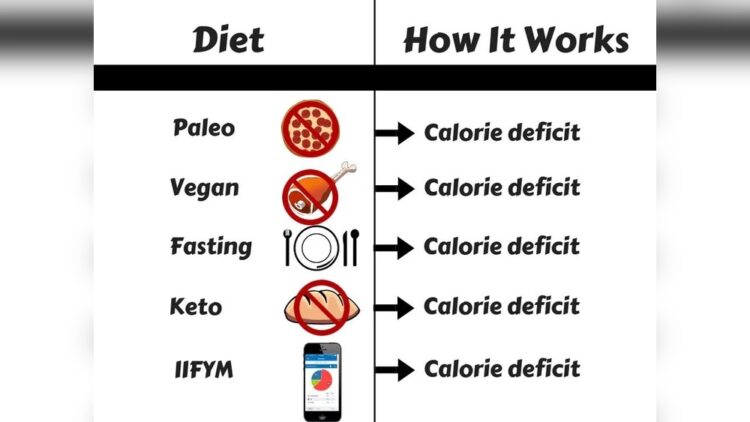
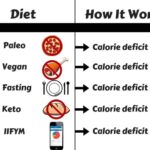

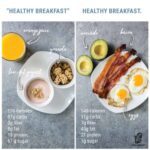


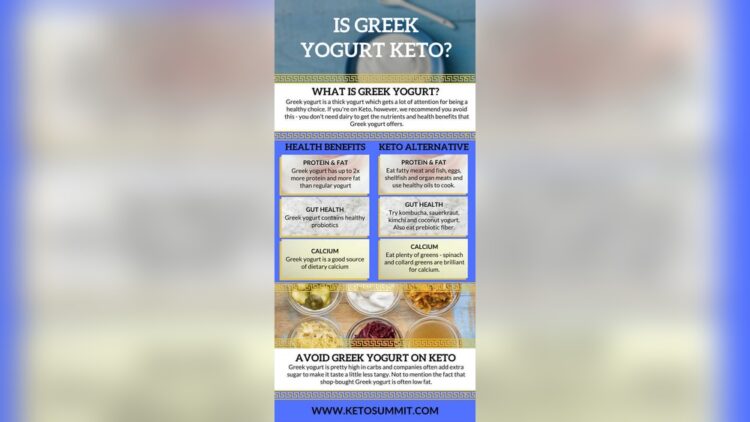
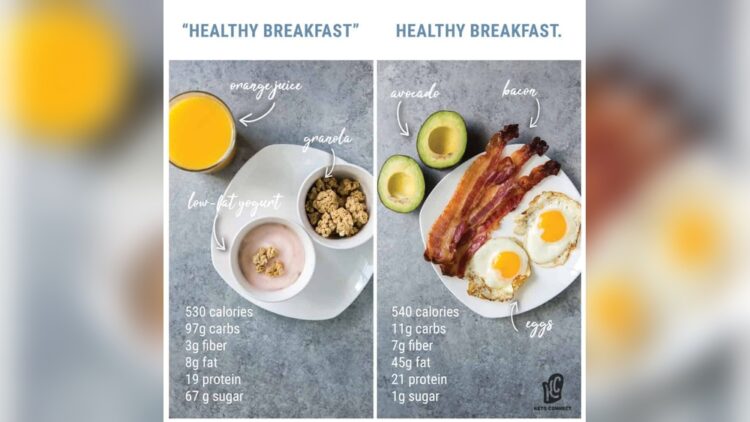
Leave a Reply